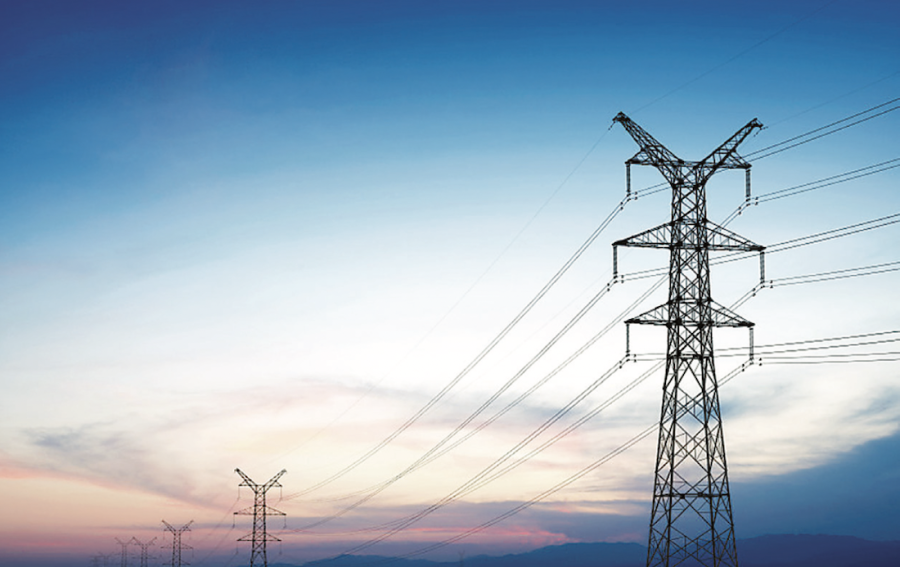Money
Electricity export to Bangladesh unlikely this year
Nepal’s power monopoly says the final agreement has been delayed due to ‘political factors’ in Dhaka.
Prithvi Man Shrestha
Nepali officials are unsure about exporting 40MW of electricity to Bangladesh this wet season ending at the end of November, as two sides are yet to negotiate the applicable tariff.
In fact, officials at the Nepal Electricity Authority (NEA) said that they have not had any response from the Bangladeshi side on purchasing Nepal’s power, even though the two sides had earlier signed a five-year power sale deal for export of 40MW power from Nepal to Bangladesh.
“The final agreement has not been reached,” the NEA’s Managing Director Kul Man Ghising said in a recent interview with the Post. “There are certain political factors at play in Bangladesh delaying a final agreement.”
When the two sides reach a meeting point, a tripartite agreement involving India, the transit country for Bangladesh-bound electricity, has to be signed.
The ‘Procedure for approval and facilitating Import/Export (Cross Border) of Electricity by the Designated Authority’ makes Delhi’s permit necessary to transmit electricity using the Indian grid under a tripartite agreement.
“I don’t think that the remaining time will be enough to sell power this wet season,” said Prabal Adhikari, power trade director at the NEA. “The NEA, however, is following up.”
As most hydroelectric projects in Nepal are built on the run-of-river model, they produce more electricity during the wet season when water levels in rivers are high. In winter, most projects generate significantly less than their installed capacities.
During their bilateral meeting in May, Nepal and Bangladesh had agreed to make efforts to start exporting power to Bangladesh through India’s transmission infrastructure starting this wet season.
When Prime Minister Pushpa Kamal Dahal visited India nearly five months ago, the southern neighbour had promised to facilitate the export of 40MW electricity to Bangladesh.
Adhikari said the NEA was unaware of the recent developments with regard to signing the power sale deal with Bangladesh. “Nepal and India want prompt completion (of the process). We have agreed on everything except tariffs for which Bangladesh said it has to complete some formalities at home,” he said. “But they have not succeeded in doing so.”
Earlier, Ghising told the Post that the Bangladeshi side had notified the NEA that its power entity was seeking clearance from the political authorities of the May agreement.
After getting a political clearance, the two sides were supposed to negotiate on tariff, but this has been delayed, according to the NEA officials.
The state utility said it would be flexible on tariff in its early effort to export electricity.
Nepal plans to offer a reasonable tariff as a friendly gesture, as it will be a government-to-government deal, Ghising earlier told the Post.
“A reference can be the existing electricity price in Bangladesh,” he said.
According to NEA officials, the transmission charges and service fees to be paid to the Indian authorities have been almost finalised. The transmission charges will be equivalent to what India’s power traders are currently charging buyers and levied as per India’s open access rules.
Bangladeshi entities may also have to pay service charges to the NTPC Vidyut Vyapar Nigam Limited (NVVN), which is India’s nodal agency for cross-border power trade, for the agency’s efforts in obtaining its government’s regulatory approval.
When vital parameters including the tariff is determined, a tripartite agreement will be signed between Nepal, India and Bangladesh.
There had been an agreement to sign such a deal between the NEA, the Bangladesh Power Development Board and the NVVN during the energy secretary-level joint steering committee held in Bangladesh in mid-May.
The NEA plans to sell electricity generated by the 24MW Trishuli Project and another plant for a combined export of 40-41MW to Bangladesh.
If this agreement materialises, it will be Nepal’s first energy export to a third country. And, Nepal needs the southern neighbour’s support to export energy to Bangladesh as Nepal and India don’t share a border.




 9.12°C Kathmandu
9.12°C Kathmandu














